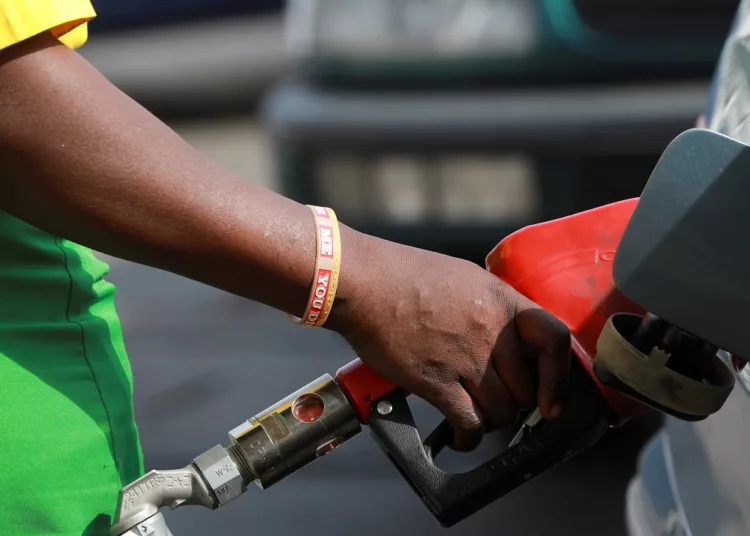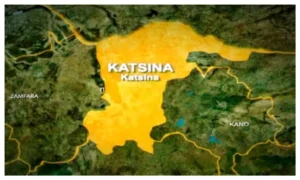
The Dangote Refinery has announced a reduction in the price of Premium Motor Spirit (PMS), commonly known as petrol, for marketers, lowering the price from ₦990 per litre to ₦970.
This adjustment comes as the landing cost of imported petrol in Nigeria has decreased to approximately ₦971 per litre, following improvements in the naira-dollar exchange rate and global crude oil price fluctuations.
Investigations reveal that this marks a significant drop compared to previous months.
Despite the reduced landing cost, retail prices at filling stations have remained high, ranging from ₦1,060 to ₦1,200 per litre, due to factors such as transportation and distribution expenses.
However, Dangote Refinery’s price cut is expected to ease these costs and lower pump prices for consumers.
In a statement signed by Anthony Chiejina, Group Chief Branding and Communications Officer, Dangote Refinery expressed gratitude to Nigerians for their support, saying, “As the year comes to an end, this is our way of appreciating the good people of Nigeria for their unwavering support in making the refinery a reality. We also thank the government for its support, which has encouraged domestic enterprise for our collective well-being.”
The statement further assured consumers of high-quality, environmentally friendly, and sustainable petroleum products. “We are committed to ramping up production to meet and exceed domestic fuel consumption needs, dispelling any fears of supply shortages,” Chiejina added.
Challenges with Crude Supply
Meanwhile, the refinery’s efforts are being hampered by crude oil supply challenges from the Nigerian National Petroleum Corporation (NNPC). According to Edwin Devakumar, Vice President of Dangote Group, the NNPC has failed to meet its obligation to supply 385,000 barrels of crude oil per day under a naira-for-crude agreement.
Devakumar alleged that the crude currently supplied by the NNPC is far below the agreed volume, describing the quantity as “peanuts.” While he did not provide specific figures, the shortfall has raised concerns about the refinery’s ability to operate at optimal capacity.
The refinery emphasized its commitment to bridging supply gaps and ensuring sustainability in the domestic fuel market, even as it seeks to address the challenges posed by the crude supply deficit.







![[PHOTOS] Arewa Offa, Mustapha Amidat Concludes Skill Acquisition, Exhibition Programme](https://newsbulletin.com.ng/wp-content/uploads/2025/09/IMG-20250920-WA0011-300x300.jpg)